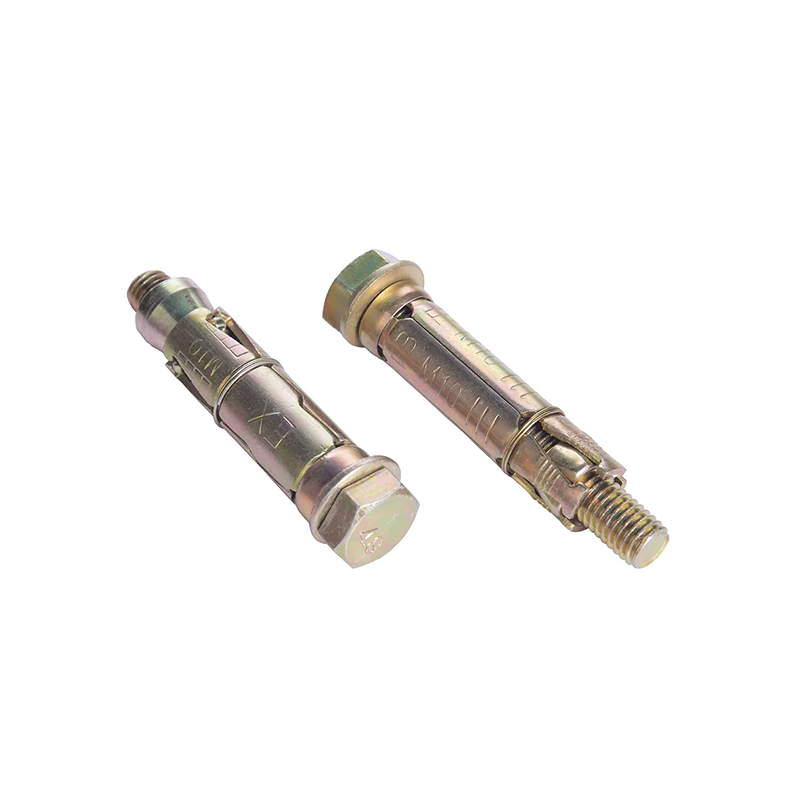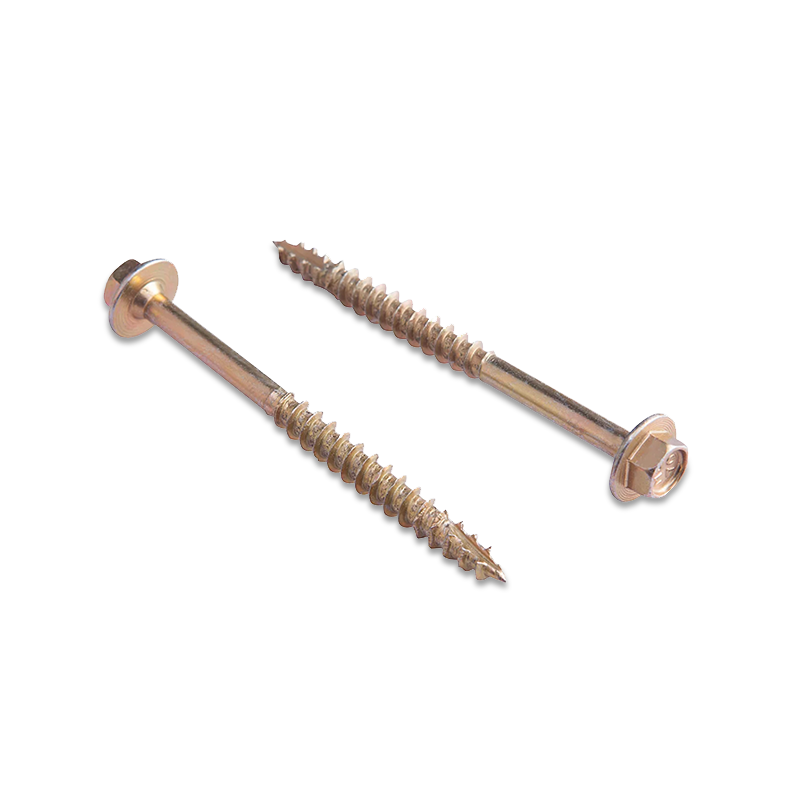The relationship between the length of deck screws and the fixing force
In the fastener industry, screws are small in size but play a vital role, especially in deck construction, where the choice of screws has a direct impact on the fixing force, bearing capacity, and durability of the overall structure. For Yuyao Cili Machinery Co., Ltd., which specializes in the design and production of self-tapping screws, wood screws and other products, understanding and mastering the relationship between screw length and fixing force is particularly important for improving product quality and customer satisfaction.
Yuyao Cili Machinery Co., Ltd. specializes in the production of fasteners, and its deck screws involve self-tapping and self-drilling screws and wood screws. According to industry standards and years of production experience, the longer the length of the screw, the stronger its fixing force in the wood is usually. This is mainly reflected in two aspects:
Pull-out resistance: The pull-out resistance of a screw refers to the ability of the screw to resist being pulled out or loosened. As the length of the screw increases, the more parts are embedded in the wood, and the pull-out resistance increases accordingly. For example, if the screws used in the deck are too short, they may not be able to effectively fix the deck wood, causing the wood to loosen or warp.
Clamping force: The length of the screw affects not only the pull-out resistance, but also the clamping force of the screw on the deck timber and the supporting structure. Long screws can better press the deck timber against the supporting structure and prevent the timber from loosening due to shrinkage or expansion caused by external factors (such as humidity changes or temperature fluctuations).
In deck construction, the thickness of the timber determines the choice of screw length. Generally speaking, the length of the screw should be 1.5 to 2 times the thickness of the timber. This ensures that the screw can penetrate the deck timber and penetrate deep into the supporting structure.
Standard timber thickness: If the deck timber thickness is 25 mm, it is recommended to use screws with a length of 50 mm to 65 mm. This ensures that the screw penetrates the deck timber and is firmly fixed to the supporting structure, providing sufficient fixing force.
Special timber thickness: For thicker deck timber (such as 38 mm thick), screws with a length of 75 mm or longer are required to ensure penetration and fixing force.
The fixing force of deck screws depends not only on the thickness of the timber, but also on whether the screw can penetrate deep into the supporting structure. The support structure is usually made of harder wood or metal materials, and the screws must penetrate deep into these structures to provide sufficient support for the deck.
Support structure material: For hardwood or metal support structures, the length and diameter of the screws must be sufficient to ensure bite force. If the screw length is insufficient and cannot penetrate deep into the support structure, the deck will not be effectively fixed, and it is prone to loosening, warping and other problems.
Depth requirement: Generally, the screw should penetrate at least 2/3 of the support structure to ensure that it has sufficient bite in the support structure. This can avoid the situation where the fixation is not firm due to insufficient screw length. For thicker support structures or those with high load-bearing capacity requirements, the length of the screw needs to be appropriately increased.



 English
English русский
русский


 Products
Products Tel: 86-574-62101087
Tel: 86-574-62101087 E-mail:
E-mail:  Add: Xiaocao 'e Binhai Industrial Park, Yuyao, Zhejiang, China
Add: Xiaocao 'e Binhai Industrial Park, Yuyao, Zhejiang, China